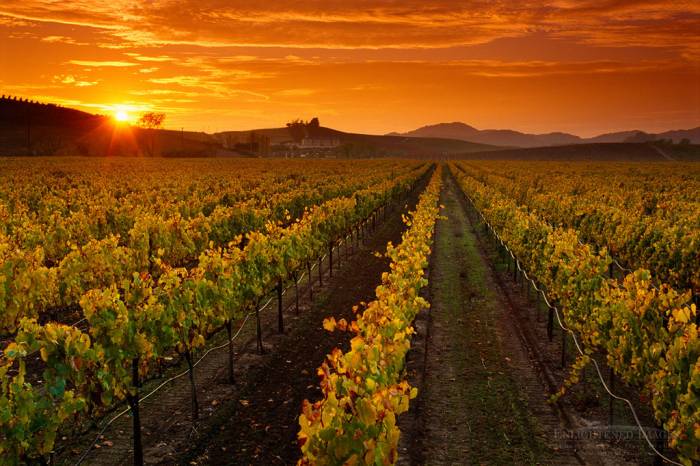American Wine Industry Faces Decline as Wineries Close and Mergers Rise
West Coast sees 4.3% drop in wineries; major brands consider selling amid shifting market dynamics and consumption trends.
2025-03-11

The American wine industry is experiencing a significant shift, marked by a decline in the number of wineries for the first time in a generation. In 2024, the West Coast saw a 4.3% drop in winery numbers, according to Wine Business Analytics. This trend has been particularly noticeable in the Bay Area, where several well-known wineries, such as Edmunds St. John, Carlisle, Brendel, Tarpon, and Sbragia, announced closures last year. The first quarter of 2025 has seen more closures, including Napa's Newton Vineyards. Some wineries, like Brian Arden and Arista, have sold their facilities but hope to continue their brands in new forms.
Dale Stratton, managing director at Napa consulting firm Azur Associates, notes that the wine industry is undergoing a slow decline. The past two decades saw significant growth in wine consumption, leading to an expansion in infrastructure, including vineyards and tasting rooms. However, as consumption levels off, some of this infrastructure is becoming redundant. The U.S. now has more wineries than the current demand for wine can support, leading to closures and sales.
While some distressed wineries are closing, others are being sold. The wine industry has seen considerable merger and acquisition activity, although the total value of these deals decreased to $2.6 billion in 2024 from $3 billion the previous year. This decline was partly due to the discounted assets of Vintage Wine Estates, a major conglomerate that filed for bankruptcy. Stratton anticipates more acquisitions in the coming year.
There are rumors that Constellation, the fifth-largest wine company in the U.S., is considering selling all its wine brands, including Robert Mondavi and Woodbridge. Stratton suggests this move wouldn't be surprising, given Constellation's stronger performance in the beer sector. Beer sales now account for nearly 82% of Constellation's revenue, compared to wine's 15.6%. Beer sales grew by 3% in the third quarter of last year, while wine sales dropped by 14%.
However, Constellation's beer business faces challenges due to a new 25% tariff on beer produced in Mexico, announced by President Donald Trump. This situation echoes past decisions by diversified beverage companies to exit the wine business. Coca-Cola and Nestle both invested in wine in the 1970s but eventually withdrew. Diageo, once a major wine player, sold all its wine brands in 2016 to focus on spirits.
Stratton believes the industry has stabilized in negative territory. As long as current conditions persist, mergers and acquisitions will continue, and more wineries may close. The American wine industry is navigating a challenging period, with many brands reassessing their positions in a changing market.
Founded in 2007, Vinetur® is a registered trademark of VGSC S.L. with a long history in the wine industry.
VGSC, S.L. with VAT number B70255591 is a spanish company legally registered in the Commercial Register of the city of Santiago de Compostela, with registration number: Bulletin 181, Reference 356049 in Volume 13, Page 107, Section 6, Sheet 45028, Entry 2.
Email: [email protected]
Headquarters and offices located in Vilagarcia de Arousa, Spain.